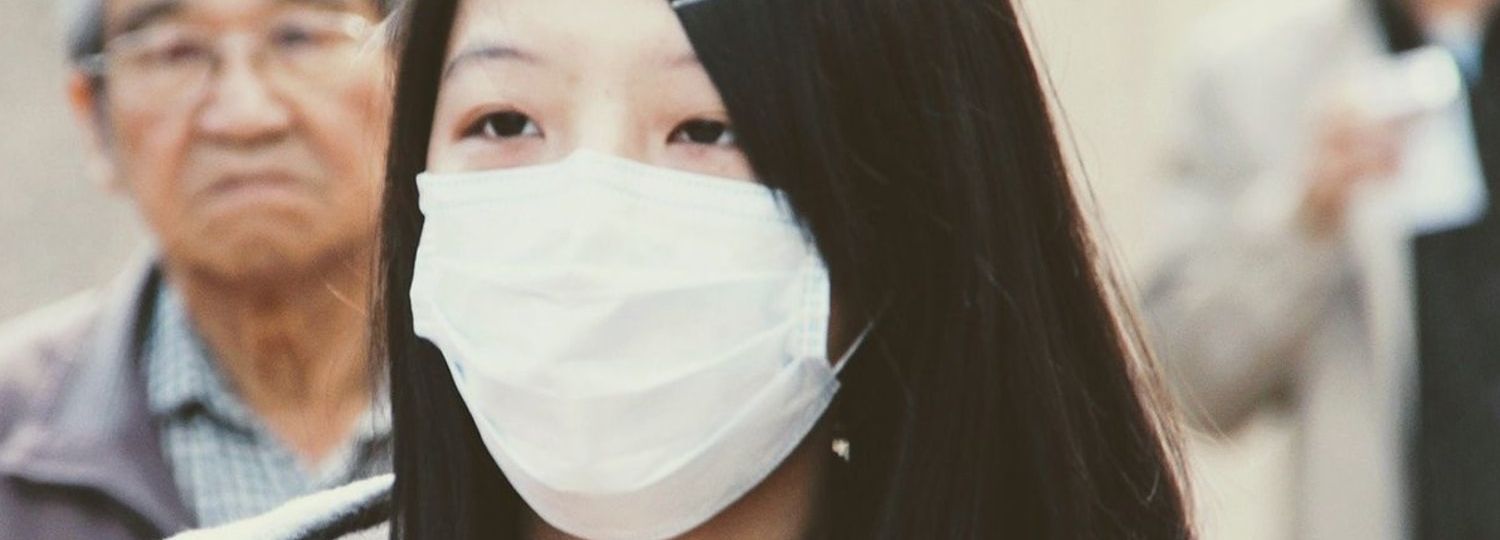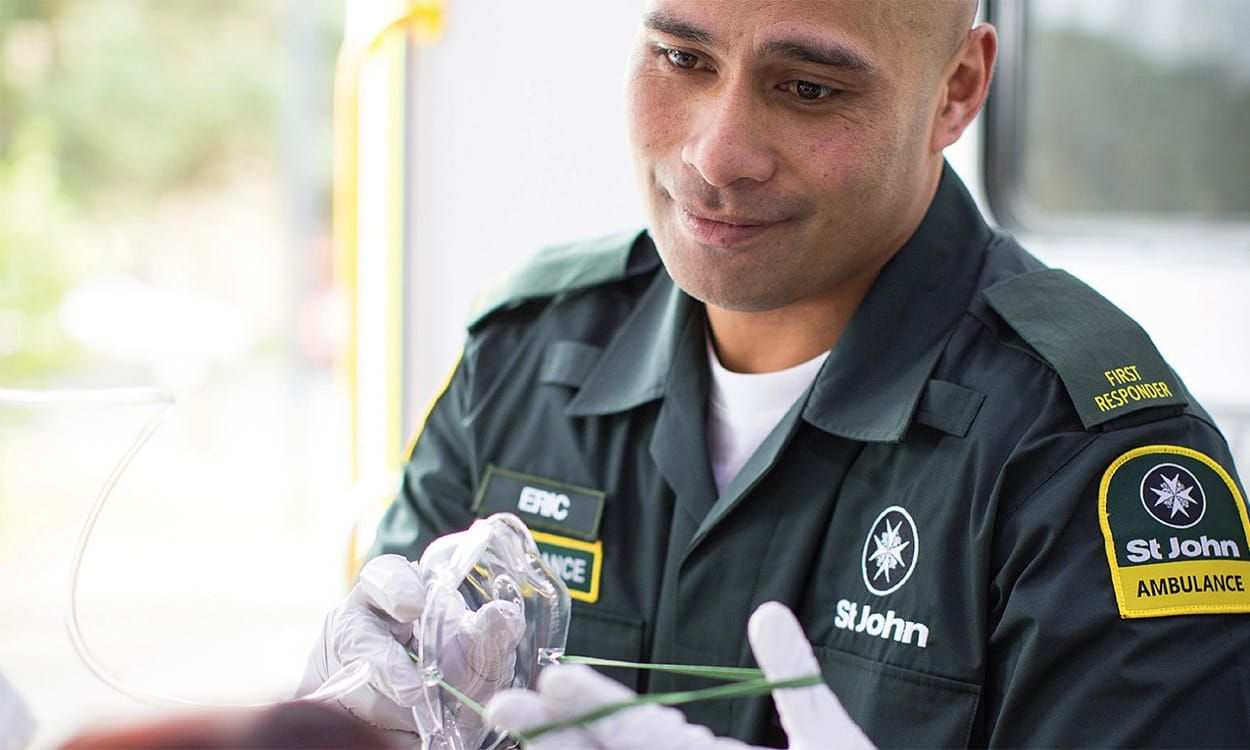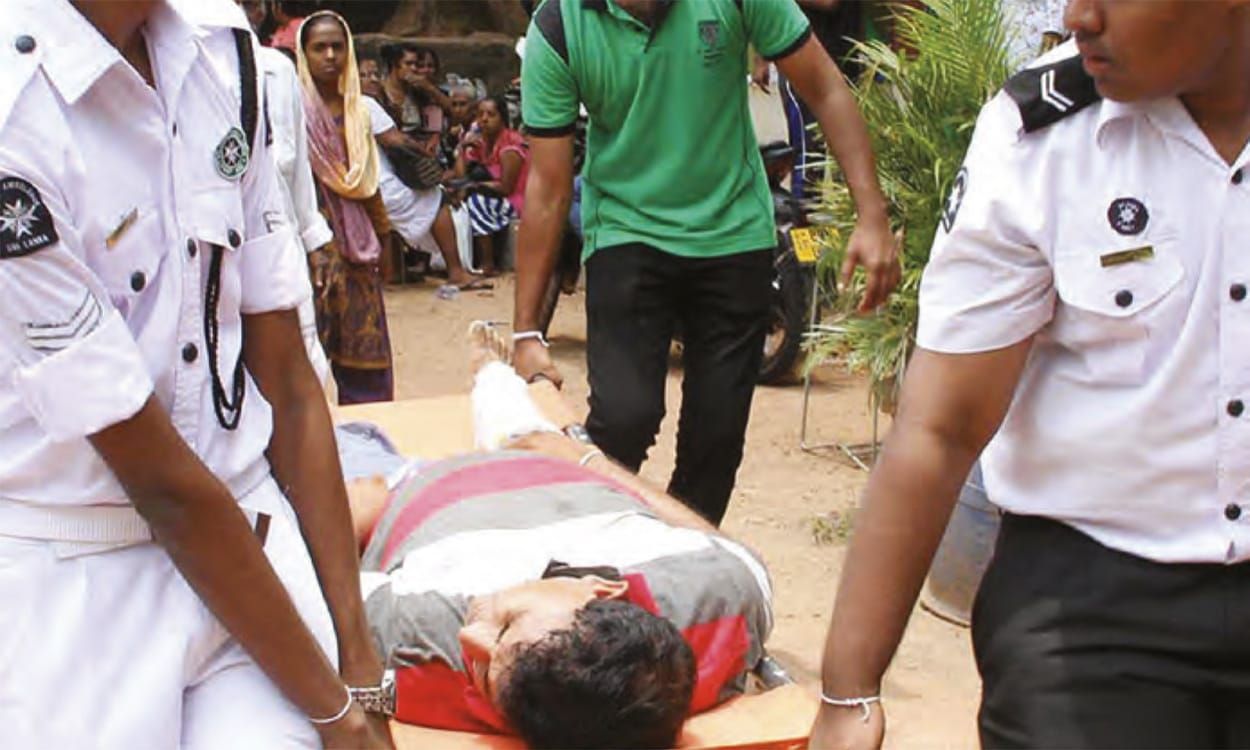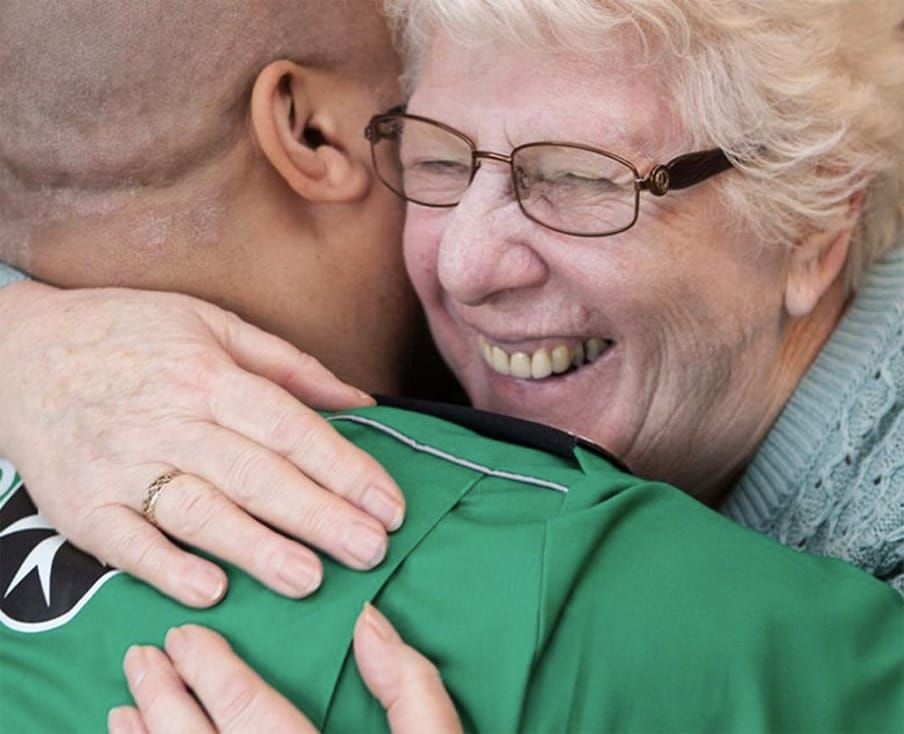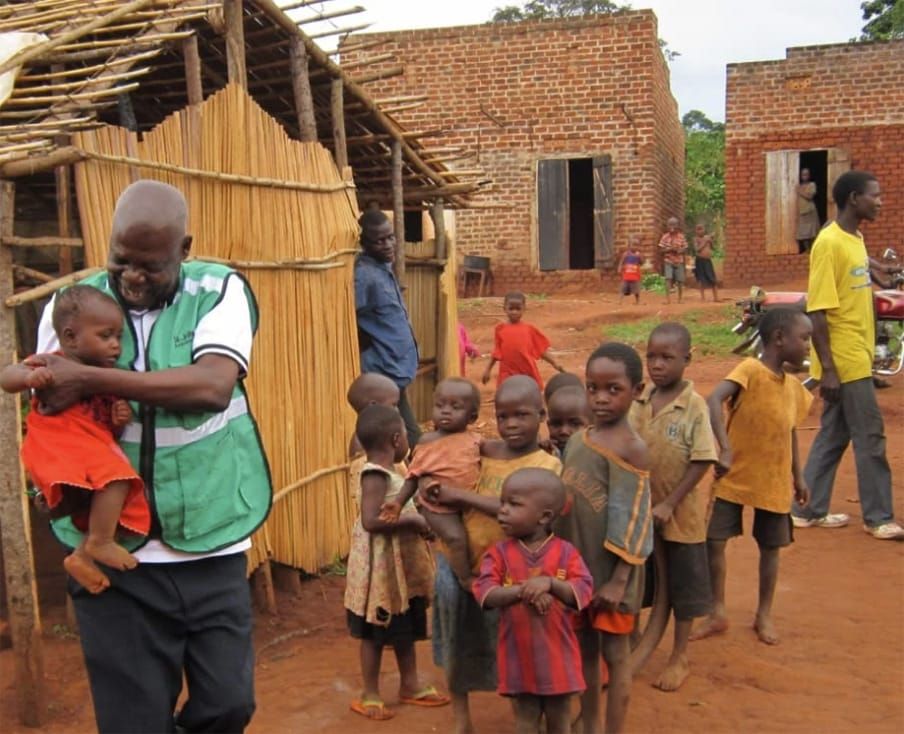IMPORTANT: The recommendations around the new Coronavirus can change immediately, depending on where you live and how you are affected. We are not updating this page fequently. Therefore, always check the latest advice from your local health authority for the latest information.
Our St John Papua New Guinea colleagues have put together some information on the new coronavirus and general virus awareness and prevention. Our virus prevention tips are generic advice pertaining to airborne viruses, such as coronavirus, and influenza virus.*
Please seek professional medical advice or call an ambulance if you feel unwell and need treatment!
What is a coronavirus?
The 2019 novel coronavirus (2019-nCoV) was identified in China during a respiratory illness outbreak in Wuhan which started in late 2019. It causes severe respiratory illness. Spread from infected people is currently thought to be uncommon but evidence is limited.
Coronaviruses are a large family of viruses, some cause illness in humans, and others cause illness in animals, such as bats, camels, and civets. Human coronaviruses cause mild illness, such the common cold.
Rarely, animal coronaviruses can evolve to infect and spread among humans, causing severe diseases such as Severe Acute Respiratory Syndrome (SARS) which emerged in 2002, and Middle East Respiratory Syndrome (MERS) which emerged in 2012.
A novel coronavirus (2019-nCoV) is a new strain of coronavirus that has not been previously identified in humans.
What is 2019 novel coronavirus?
There is a new coronavirus affecting people who have recently been in the city of Wuhan, China. There is much more to learn about how it is spread, its severity, and other features associated with 2019-nCoV, and investigations are ongoing. At the moment, this coronavirus is called “novel coronavirus 2019” or “2019-nCoV”.
While current information suggests that the risk from 2019-nCoV in the UK is low, outbreaks of a novel coronavirus infections among people is always of public health concern. There is growing evidence that 2019-nCoV can spread from person to person in the community and in health care settings. There have been cases of 2019-nCoV reported in some other Chinese provinces, Asian countries and the United States. The situation is evolving rapidly.
What are the symptoms?
Most case-patients have had fever, cough, and shortness of breath, with further evidence of pneumonia (chest infection). Further investigation is required to assess whether there are undetected asymptomatic or mildly symptomatic cases.
How is it spread?
Early reports indicated that most of the cases had prior contact with a seafood and live animal market, suggesting an animal source of the outbreak. However, more recently, some human to human transmission has been reported, in family clusters and in health care workers.
Further investigation is underway to confirm and describe the mode of transmission from animal sources, and the risk of human-to-human transmission.
Human to human transmission is most likely to be through direct contact with casepatients, by respiratory droplets and by fomites (contaminated objects and surfaces), as is seen with other coronavirus infections including SARS and MERS.
Who is at risk?
People who are living or travelling to affected areas or who have had contact with other cases may be at risk of catching the disease. People with underlying illnesses that make them more vulnerable to respiratory disease, including those with diabetes, chronic lung disease, pre-existing kidney failure, or those who have suppressed immune systems, may be at a higher risk.
How is it prevented?
It’s likely that general prevention measures used for other coronavirus infections will also prevent infection with 2019-nCoV.
The World Health Organization (WHO) recommends measures to reduce the general risk of acute respiratory infections while travelling in or from affected areas (currently Wuhan City) by:
- avoiding close contact with people suffering from acute respiratory infections;
- frequent hand washing, especially after direct contact with ill people or their environment;
- avoiding close contact with live or dead farm or wild animals;
- travellers with symptoms of acute respiratory infection should practice cough etiquette (maintain distance, cover coughs and sneezes with disposable tissues or clothing, and wash hands).
- travellers to China are already advised not to visit live bird and animal markets, including ‘wet’ markets, due to the risk of avian influenza.
There is currently no vaccine to prevent 2019-nCoV infections.
Updated information on general virus precautions to reflect current advice of the World Health Organisation (WHO) and Centers for Disease Control (CDC) (11/02/2020):
Respiratory protection: A person suffering an acute respiratory illness should consider wearing a surgical mask if they will be in contact with other people. There is no current recommendation for the routine use of P2 (N95) respiratory masks by the general public. Respiratory protection using a P2/N95 mask is recommended by the CDC for people involved in the direct treatment of a person with an acute respiratory illness, such as a doctor or nurse.
Standard protection for health workers giving care to a person with an acute respiratory illness includes:
- P2 mask
- Gloves
- Eye protection
- Disposable gown
Regular handwashing is still one of the most effective strategies to prevent catching a virus. Handwashing can be with soap and running water (if hands are visibly dirty), or with alcohol hand sanitiser (if hands are visibly clean).
When coughing and sneezing cover mouth and nose with flexed elbow or tissues – discard tissue immediately into a closed bin and clean your hands with alcohol hand rub or soap and water
Maintain social distancing of about 1 metre between yourself and other people, particularly those who are coughing, sneezing and have a fever.
Avoid touching eyes, nose and mouth: Hands touch many surfaces which can be contaminated with the virus. If you touch your eyes, nose or mouth with your contaminated hands, you can transfer the virus from the surface to yourself.
If you have a fever, cough and breathing difficulty, seek medical care early. Tell your health care provider if you have travelled in an areas in China where 2019-nCoV has been reported or if you have been in close contact with someone who has travelled from China and has respiratory symptoms.
If you have mild respiratory symptoms and no travel history to or within China, carefully practice basic respiratory and hand hygiene and stay home until you are recovered, if possible.
If you become ill or feel unwell while travelling in China, you should not wait until you arrive back in the UK to seek medical assistance. Instead you should see a doctor or go to the local emergency department. Call ahead and explain that you might have been exposed to the novel coronavirus so that the doctor can make arrangements to see you quickly and safely.
How is it diagnosed?
Infection with 2019-nCoV is diagnosed by finding evidence of the virus in respiratory samples such as swabs from the throat or fluid from the lungs. Testing for 2019-nCoV is done in public health laboratories.
How is it treated?
There is currently no specific treatment for people who are sick with 2019-nCoV but general supportive medical care in hospital can be lifesaving.
*The information above is adapted from NSW Health.

